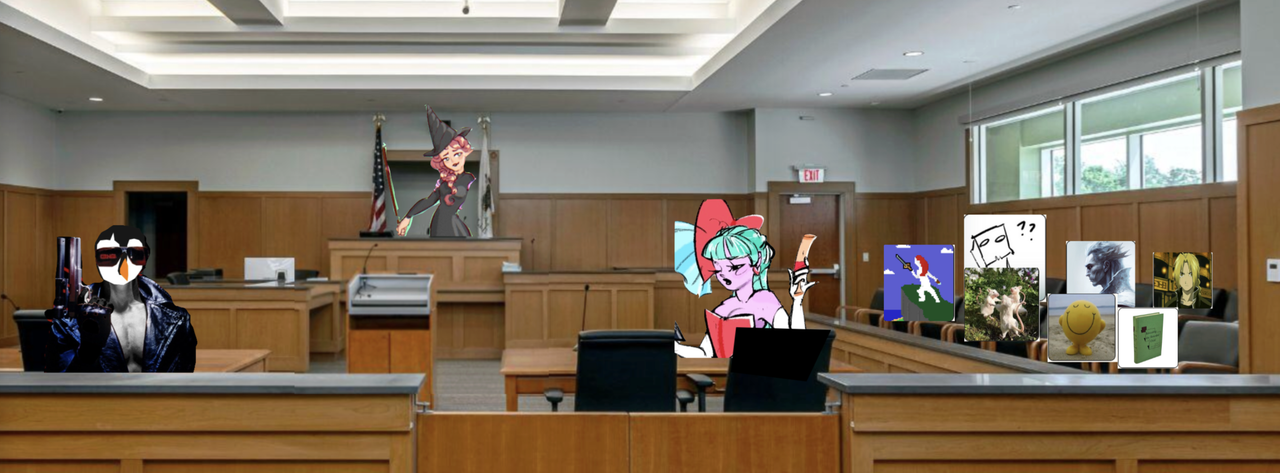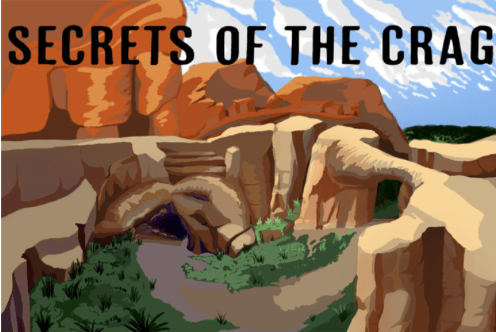Gryphon, The Expert Scrivener
Member Since
Last Activity
EXP Points
Post Count
Storygame Count
Duel Stats
Order
Commendations
I love Gryphon comments, especially when they're longer than the fucking story itself lmao --Cel
I liked all of Gryphon's reviews, he was very thorough --EndMaster
Gryphon's review of Eternal is longer than most storygames lmao --Mizal
Shut the fuck up Gryphon --Malk
Gryphon is a no life having bitch --Thara
You've gained a reputation, Gryphon, no one wants to walk through tech support with you --Mizal
Gryphon uses MAC?!?! --Tim
Gryphon put a lot of skill points into productivity but none into technological proficiency --Sherbert
Never did I think I'd see the day when I was forced to accept a they/them in my virtual fiefdom, but the sneaky bastard tricked us with a featured game and all those reviews and with being so likeable and nice and so now here we are. --Mizal
CLARIFICATION: A lot of people seem to think I use they/them; not sure how that got spread around but it's always been just he/him lol
You can see all my reviews at once here: Gryphon's Review ArchiveTrophies Earned











Storygames
=For End Master's Manifest Destiny contest=
When Alexsis starts trying to steal your favorite seat in the school cafeteria, things get serious. The pair of you decide to resolve this dispute in combat: a game of capture the flag. Can you beat your nemesis in a game of capture the flag, and reclaim what is rightfully yours?
This story is a short cave-of-time style game with seven possible victory endings. Happy flag-hunting!
As humanity begins to leave their corner of the galaxy for the first time, they encounter previously uncontacted alien races. As one of earth's leading diplomats, you will play a key role in shaping the future of your species in this unfamiliar world.
A mostly cave-of-time style story with limited rebranching in a few places, and five victory endings.
Winner of End Master's Culture Clash Contest
In this short RPG game, you explore your local village, solving challenges and puzzles, as you try to decide what to do in your future career.
When a thunderbird attacks you while you search for the missing Professor Keirz, you crash-land on a plateau near the legendary ruins of a ruined Anzaran city. You must make use of the resources around you to repair your damaged flyer, find your missing friend, and unlock the secrets of the ancient Anzaran temple.
An open-map item-based puzzle game with one good victory ending, and one great victory ending. Good luck exploring the ancient Anzaran plateau!
Discover the dungeon's secrets, fight deadly monsters, learn magical spells, and more in this traditional dungeon crawl adventure! Can you survive the dangers of the legendary Crag?
An open-map dungeon exploration game using player stats and items, with eleven victory epilogues, as indicated by the first two digits of your score.
Thanks to Nightwatch for the fantastic cover art!
An unexpected supernatural disaster leaves you and your your younger cousins adrift in a strange sea full of mythical creatures and beings. Can you and your cousins escape, or will you succumb to the deadly sea?
Currently, this is a short cave-of-time style game with three victory endings. It is complete in its current form, consisting of the first of many planned "episodes" for the game. It will eventually be expanded into an episodic gauntlet-style game.
Your score indicates which ending you reached. 0 for a death ending, and a score of 1, 2, or 3 corresponds to one the game's victory endings.
Click on the treasure pile when you reach the end of the demo, and it will take you to an explanation on how to code one of these games, and a copy of all the code used to build this one.
To use an item in your inventory, click on it to select. You'll know it is selected because it turns grey. Then you can 'use' it by clicking on the area you intend to use it on.
Articles Written
A Guide to Character Creation for StorygamesCoding Item-Based Battle Sequences
Creating an Equipping System
Recent Posts
CYS HOT TAKES on 1/24/2026 6:25:53 PMHeir to the Empire on 1/22/2026 9:04:09 AM
The Review Club on 1/19/2026 7:29:04 AM
CYS HOT TAKES on 1/18/2026 3:20:13 PM
CYS v S. Penguin on 1/14/2026 9:55:10 PM
 Always heartening to see the CYStian justice system doing its job. Perhaps as volunteer court sternographer I can receive some compensation from the defendant's estate sale?
Always heartening to see the CYStian justice system doing its job. Perhaps as volunteer court sternographer I can receive some compensation from the defendant's estate sale?Storygame type question on 1/14/2026 4:02:36 PM
Something about Harry Potter: 2025 Reading List on 1/12/2026 9:00:38 PM
Secret Santa 2025 on 1/11/2026 7:44:48 AM
Secret Santa 2025 on 1/10/2026 9:52:26 PM
CYS editor image-based game on 1/3/2026 11:25:26 AM
I was able to successfully play on my phone's safari app, so it works for mobile now too.


